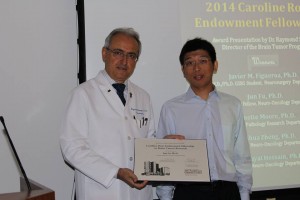
In June, we reported on a retraction in Current Biology that came after a number of PubPeer commenters suggested that the authors had engaged in figure manipulation, memorably comparing watching the published videos to playing the old-school arcade game “Space Invaders.”
Now a second paper from the same team has been retracted from Biology Open after the authors “were unable to repeat the results.” The journal was unable to get in touch with first author Livana Soetedio, whom the University of Illinois at Chicago found had fabricated the data and images in both publications.
Here’s the notice for “Targeting of vasoactive intestinal peptide receptor 2, VPAC2, a secretin family G-protein coupled receptor, to primary cilia”: Continue reading Second retraction appears for arcade game-like image manipulation






